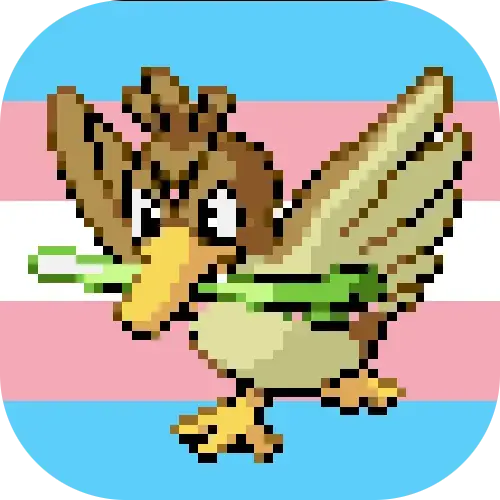Description
I use GNOME on Fedora atomic. There is an icon in overview of an installed app, nvtop. How can I figure out how I installed the app and how can I uninstall it?
- The first step is to click “App details” in the overview section. GNOME software then tells me there are no details for the app. Searching for nvtop in Software doesn’t yield any result. GNOME Software is of no use here. I can confirm that it is not a flatpak with the name nvtop by running
flatpak list | grep -i "nvtop". - Lookup which command is invoked by
nvtop
$ which nvtop
/usr/bin/nvtop
- lookup the desktop entry
$ sudo find /usr -iname "*nvtop*.desktop"
/usr/share/applications/nvtop.desktop
which gets
[Desktop Entry]
Name=nvtop
GenericName=GPU Process Monitor
Type=Application
Terminal=true
Exec=nvtop
Icon=nvtop
Categories=System;Monitor;
X-AppImage-Integrate=false
How many distroboxes are running? distrobox ls. The one distrobox that is running can’t find a package with the name nvtop either dnf list installed | grep nvtop. And trying to run it from within distrobox can’t find it as well. bash: nvtop: command not found
rpm-ostree can’t find anything
$ rpm-ostree uninstall nvtop
error: Package/capability 'nvtop' is not currently requested
edit:
I can also locate nvtop but that’s of no help to me
/usr/bin/nvtop
/usr/share/applications/nvtop.desktop
/usr/share/doc/nvtop
/usr/share/doc/nvtop/README.markdown
/usr/share/icons/hicolor/scalable/apps/nvtop.svg
/usr/share/licenses/nvtop
/usr/share/licenses/nvtop/COPYING
/usr/share/man/man1/nvtop.1.gz
/usr/share/metainfo/io.github.syllo.nvtop.metainfo.xml
locate *.appimage does not return an unknown appimage
edit2:
I just tried installing it via rpm-ostree. I’m getting closer, but still no idea what to do with the result. Rebooting is always a good idea. Rebooting didn’t help.
$ rpm-ostree install nvtop error: “nvtop” is already provided by: nvtop-3.0.2-2.fc39.x86_64. Use --allow-inactive to explicitly require it.
Did you try to uninstall it with :
rpm-ostree override remove nvtopThat’s the way to delete packages from the base tree
nice, thx
If you’re using universal blue images, that comes built into the image (at least on nvidia images for sure). To get rid of it, you’d have to use rpm-ostree override remove to get rid of it.
that’s it! Thank you!
What’s the output of
rpm-ostree status --verbose? That might give a bit more insight on what’s going on.Also regarding this:
Use --allow-inactive to explicitly require it.
It seems to suggest that somehow nvtop is already in your base layer, since the manual says this:
–allow-inactive to allow requests for packages that are already in the base layer.
I don’t know how that could have happened though
thx! It’s build into base ublue images. That’s not documented anywhere which is why I didn’t know it.
Ohh, so you were using ublue! Good that everything’s clear now
That’s not documented anywhere
True, seems like it’s not really documented atm (understandable with such a fresh project).
I was able to find the source here: https://github.com/ublue-os/beyond/blob/3c149121601cdc6edb9d1db6d6b79dc543c2cf38/packages.json#L18https://github.com/ublue-os/main/blob/main/packages.json
Docs for future reference: https://universal-blue.discourse.group/docs?topic=868
On fedora and el, nvtop apparently is installed as an appimage. An appimage is just a single executable, that you may delete. You may also delete the .desktop entry from /usr/share.
thanks. You can also install it via the repository, i.e.
sudo dnf install nvtopor with rpm-ostree in my caseremoving the desktop entry doesn’t remove the app and hence my problem, does it?
I use Debian, but Google suggests something like:
yum whatprovides /usr/bin/nvtopThat command does not work with rpm-ostree. Thanks for the tip!
That is even outdated on normal fedora
This is one of the dozens of things where I honestly think, Fedora+KDE would be a better workstation.
In KDE, showing app entry details would show the exact command ran.
If you want to find what app that is, search for the launcher in
/usr/share/applications ~/.local/share/applications ~/.local/share/flatpak/exports/share/applications #I thinkOr do
flatpak list --installedorrpm-ostree status





